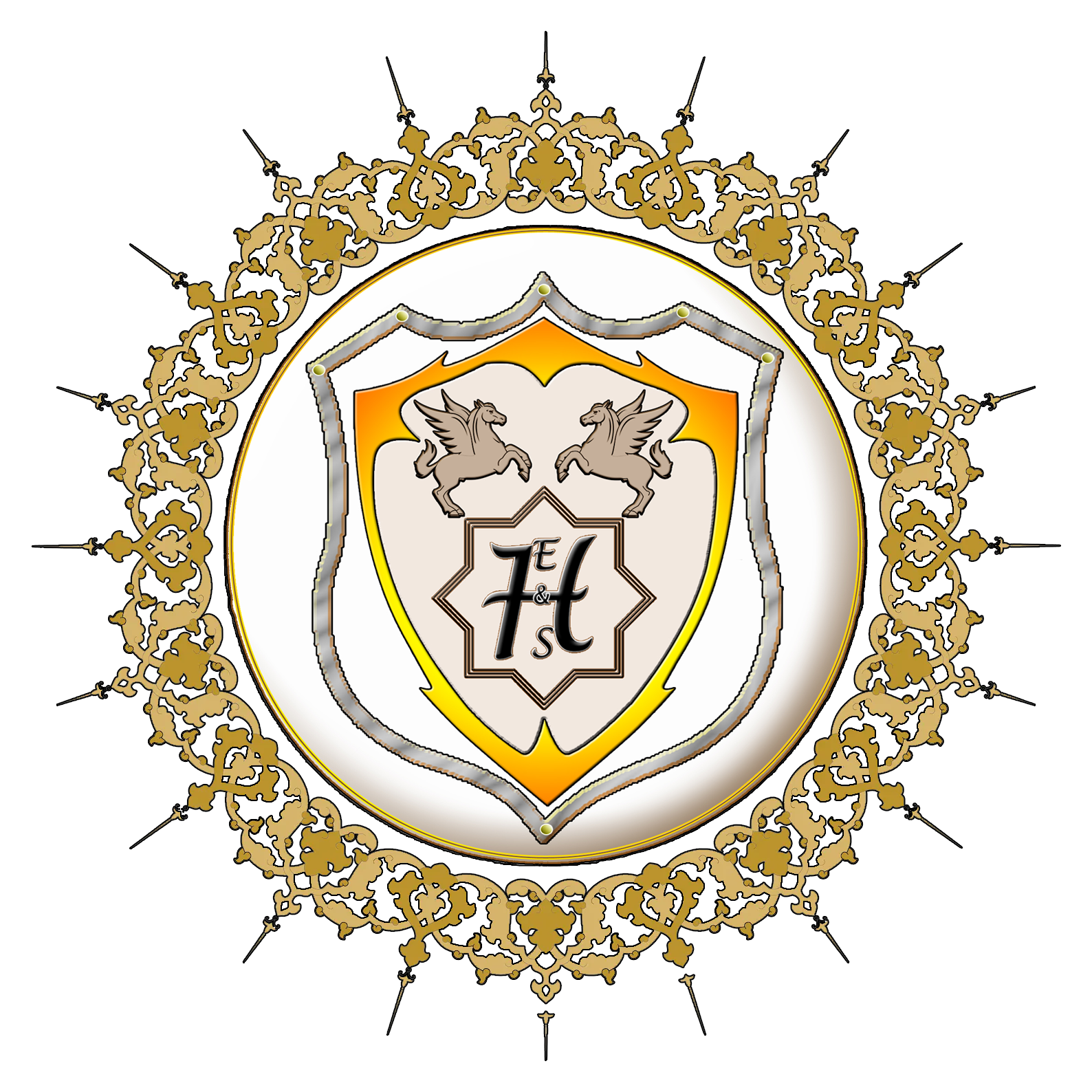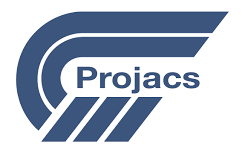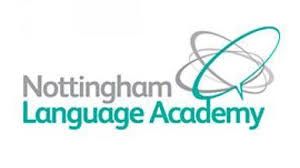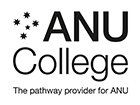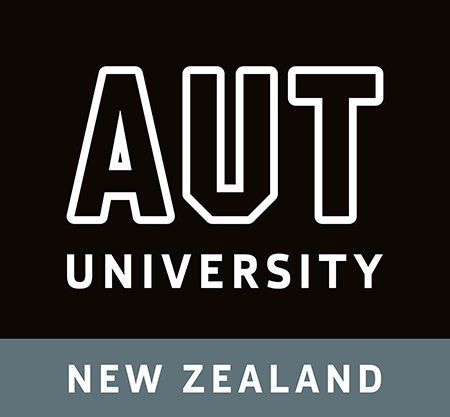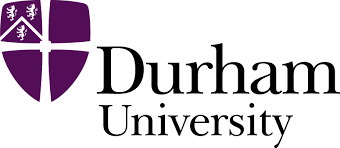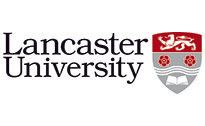Day 1:
Foundations of Secretarial and Electronic Work Management
Understanding the evolving role of administrative professionals in modern organizations.
Introduction to Lean Management principles for workflow optimization.
Overview of essential electronic tools and software for administrative tasks.
Importance of data privacy and compliance in electronic work management.
Day 2:
Productivity Techniques and Workflow Optimization
Applying Time-Blocking and prioritization frameworks to daily tasks.
Using the Eisenhower Decision Matrix to categorize urgent and important activities.
Identifying bottlenecks in current workflows and proposing solutions.
Practical exercises: Developing a personalized productivity plan.
Day 3:
Mastering Electronic Document Management Systems (EDMS)
Fundamentals of EDMS and their role in organizational efficiency.
Best practices for organizing, storing, and retrieving electronic documents.
Ensuring compliance with GDPR and other data protection regulations.
Case study analysis: Successful implementation of EDMS in a corporate setting.
Day 4:
Remote Collaboration and Virtual Communication
Strategies for effective communication in virtual teams.
Leveraging platforms like Microsoft Teams, Slack, and Google Workspace.
Managing digital meetings and ensuring participant engagement.
Developing protocols to minimize misunderstandings in remote settings.
Day 5:
Automation and Future Trends in Administrative Work
Exploring the impact of automation on administrative tasks.
Identifying opportunities for process automation within organizations.
Emerging trends in secretarial and electronic work management.
Final project: Presenting a comprehensive optimization plan for a hypothetical organization.







